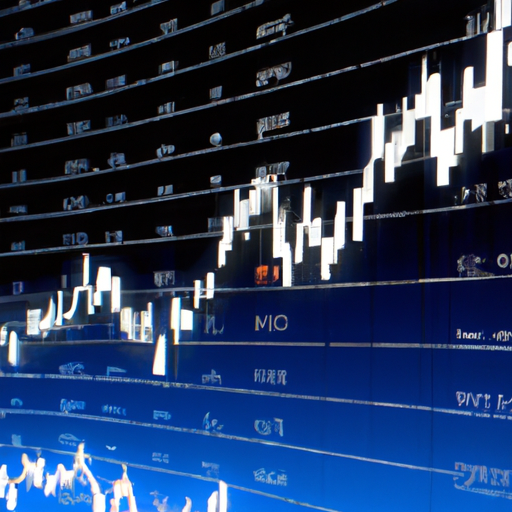Arbitrage Trading Systems
Understanding arbitrage trading systems: the trader’s secret weapon
Arbitrage trading systems are an essential tool for traders seeking to capitalize on price discrepancies across different markets. These systems have revolutionized the way we approach trading, making it more efficient and profitable. But what exactly are arbitrage trading systems, and how can they benefit you?
What are arbitrage trading systems?
Arbitrage trading systems are automated strategies designed to exploit price differences of identical or similar financial instruments in different markets. This type of trading takes advantage of inefficiencies in the market, buying low in one place and selling high in another.
These systems are particularly effective in high-frequency trading environments, where speed is crucial. By using sophisticated algorithms and advanced technology, arbitrage trading systems can execute trades within milliseconds, ensuring that traders can capitalize on fleeting opportunities.
The basics of arbitrage
At its core, arbitrage is a relatively simple concept. Imagine you find a product selling for $10 in one store and $12 in another. You buy it from the first store and sell it at the second, pocketing the $2 difference. In financial markets, this principle applies to stocks, currencies, commodities, and other assets.
Arbitrage opportunities arise due to various factors such as market inefficiencies, supply-demand imbalances, or differences in transaction costs. These discrepancies are often temporary and can be quickly corrected by the market.
Types of arbitrage strategies
There are several types of arbitrage strategies that traders use to take advantage of price differences:
1. Pure arbitrage: buying and selling the same asset simultaneously in different markets.
2. Statistical arbitrage: using mathematical models to identify pricing anomalies.
3. Triangular arbitrage: involves three currencies traded simultaneously to profit from discrepancies.
4. Merger arbitrage: exploiting price differences before mergers or acquisitions.
Each strategy has its own unique characteristics and requires a different approach to maximize profits.
How do arbitrage trading systems work?
Arbitrage trading systems rely on advanced algorithms that continuously scan multiple markets for price discrepancies. These algorithms analyze vast amounts of data at lightning speed, identifying profitable opportunities within seconds.
Once an opportunity is detected, the system automatically executes trades across various exchanges or platforms. This automation ensures that trades are executed quickly and efficiently without human intervention.
The role of technology
Technology plays a critical role in the success of arbitrage trading systems. High-frequency trading platforms equipped with cutting-edge hardware and software enable these systems to process information faster than any human could.
By leveraging powerful computing resources and low-latency connections to exchanges worldwide, traders can stay ahead of their competitors and capture profits before others even notice the opportunity exists.
Risk management in arbitrage trading
While arbitrage trading may seem like a risk-free strategy due to its reliance on price discrepancies rather than market directionality – there are still risks involved:
1. Execution risk: delays or failures during trade execution can lead to missed opportunities.
2. Liquidity risk: insufficient liquidity may prevent you from executing trades at desired prices.
3. Regulatory risk: changes in regulations could impact your ability to trade certain assets or access specific markets.
4. Model risk: flaws or inaccuracies within your algorithmic models could lead you astray.
Effective risk management practices are essential when implementing any form of automated strategy including those used by arbitragers; this includes regular monitoring & updating algorithms based upon new information & changing conditions within global financial landscapes!
The benefits of using arbitrage trading systems
There are numerous benefits associated with using arbitraging techniques:
1) Increased efficiency: automated processes allow us access real-time data analysis & execution speeds far beyond what humans alone would achieve!
2) Reduced emotional biases: removing emotional biases helps improve decision-making accuracy leading better overall performance results over time!
3) Diversification opportunities: multiple strategies available mean greater potential returns through diversified portfolios reducing exposure single points failure risk factors affecting individual investments negatively impacting overall portfolio value adversely affecting long-term growth prospects too significantly either way ultimately benefiting investors greatly!
4) Scalability potential: as businesses grow so does their need scalable solutions capable handling increased volumes transactions









